
“Religious expression” is banned from the debate haven of academia but could be forced near a site where thousands were murdered in the name of Islam?
The New York Landmarks Preservation Commission has unanimously decided against granting landmark status to the 45-47 Park Place building. According to the panel, the 19th century Renaissance palazzo-style building fails to meet official qualifications to deserve landmark status, despite its appearance in the history of the 9/11 terrorist attacks (writers of landmark laws evidently didn’t anticipate such things). The 152-year-old building is rumored to still contain a fragment of one of the airplanes that hit the World Trade Center.
What is the significance of the commission refusing city protection of a modest structure made by an unknown architect? 45-47 Park Place is now allowed to be demolished, paving the way for a 13-story mosque and “Islamic cultural center” to be erected in its place. Although the majority of people in New York City disapprove of the mosque project – which is poignantly scheduled to open Sept. 11, 2011 – Mayor Michael Bloomberg et al are convinced that supporting the goal of Imam Feisal Abdul Rauf is an accomplishment of American religious tolerance. Thus, those who dislike the idea are cast as advocating religious intolerance that is contrary to American values.
But what does religious intolerance have to do with not wanting to see a mega mosque a couple of blocks away from an area where thousands of people were murdered in the name of Islamic extremism? There are at least a hundred mosques in New York City, so Muslims are not deprived of religious practice. If “outreach” is truly imam Rauf’s goal, he should realize that force-feeding Islamic culture in a sensitive zone is not the way to gain admirers – especially not a scant decade after the 9/11 terrorist attacks.
History doesn’t do the amity mastermind a favor either. The proposed mosque was originally titled the “Cordoba House,” which conjures up memories of the Cordoba mosque in Spain that symbolized Islamic conquest. Archaic notions of conquest near the site of the 9/11 acts of war may or may not be intentional, but the chemistry is doomed to not mix well in Lower Manhattan. Maybe that explains why the project was hastily redubbed “Park 51.”
My younger sister suggested that it wouldn’t make sense to build even a church near Ground Zero after what happened there. It is a battlefield and essential gravesite of a variety of identities. Out of respect, it makes no sense to thrust new meaning to the area. “It’s a piece of American history as much as Gettysburg and Pearl Harbor,” said Pamela Geller, articulating my sentiments exactly. Targeting that block as a center for agonizing over religious tolerance is senseless.
On the contrary, I would consider it to be a much larger cause for concern if a state university refused to allow a student to continue a degree program because her views differed from the professional consensus.
Jennifer Keeton, a graduate student at Augusta State University, was recently ordered to go through a remediation program mostly due to her biblically informed views of homosexuality. Keeton is attempting to earn a master’s degree in counselor education, and a professor told her that she “couldn’t be a teacher, let alone a counselor, with those views.”
The remediation program was subsequently developed with the intention of creating a “fundamental change in her outlook.” The rationale for this was that Keeton’s convictions risked compromising the American School Counselor Code of Ethics.
What does the ASCA Code of Ethics say? Among the tenets of professional responsibility are:
“Each person has the right to be respected, be treated with dignity and have access to a comprehensive school counseling program that advocates for and affirms all students from diverse populations regardless of ethnic/racial status, age, economic status, special needs, English as a second language or other language group, immigration status, sexual orientation, gender, gender identity/expression, family type, religious/spiritual identity and appearance.”
What makes them think that Keeton would disrespect homosexual clients? Her biblical views of human dignity surely wouldn’t allow for that, and for her to merely diagnose the root of the homosexual lifestyle differently from other counselors is analytical, not bigoted. Perhaps in the bureacratic tangle of higher education, some professors have forgotten about the handiness of our capitalist society. If a homosexual were to dislike Keeton’s worldview, he or she could easily choose to bring his or her business to a different counselor.
But overall, the reaction of professors from that pyschological school of thought isn’t too surprising. Contemporary universities try to take too much credit for their students’ beliefs, successes and failures. It really should not be the job of a college to see to it that everybody is a cookie-cutter poster child for its academic agenda. A college is supposed to be a haven of research and debate. In scientific fields, the freedom of debate — or dare I say, dissent — is crucial to the advancement of study. But limitation of debate is once again something to be expected in academia, as we are in an era in which scientists and their state-sanctioned supporters excommunicate colleagues for making observations of data that diverge even the slightest from consensus.
Of course, religion for religion’s sake in class is not the problem. If Keeton were a Muslim, the professors at Augusta State probably would not have drawn attention to any dissenting views that she held for fear of backlash by extremists in the Muslim community. But since it is well known that Christians are required to love their enemies, an annoying Christian that acknowledges the significance of the Bible is an easy target. Furthermore, the Bible is the only religious text that is intellectually intimidating to the humanistic agenda, which makes modern schools uncomfortable with people who take it seriously.
So, there we have it: an agenda to force the expression of cultural views on the outskirts of a controversial battlefield, and an agenda to stop the expression of cultural views within the one place views are supposed to be expressed.
Is this country going from land of the free and brave to land of the weak and depraved?
Read more of Amanda’s column Not Your Average Read in the Communities at The Washington Times.

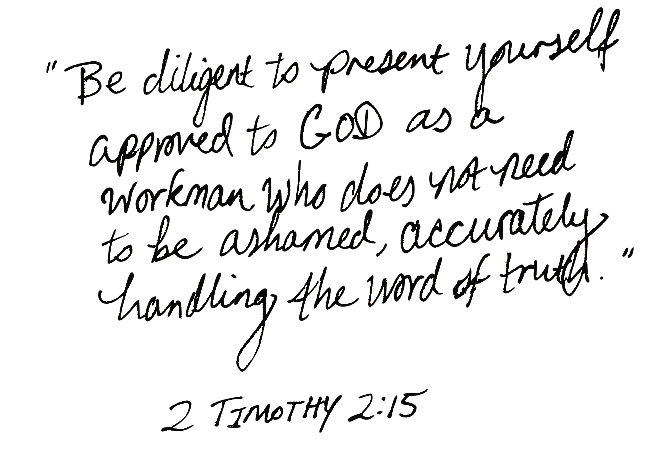
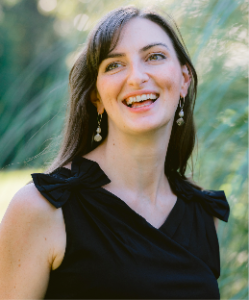

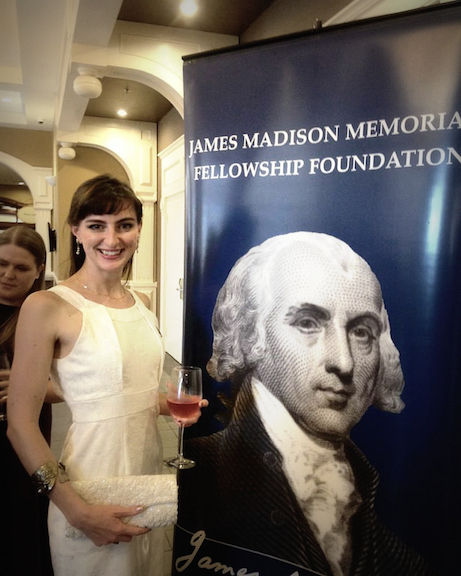


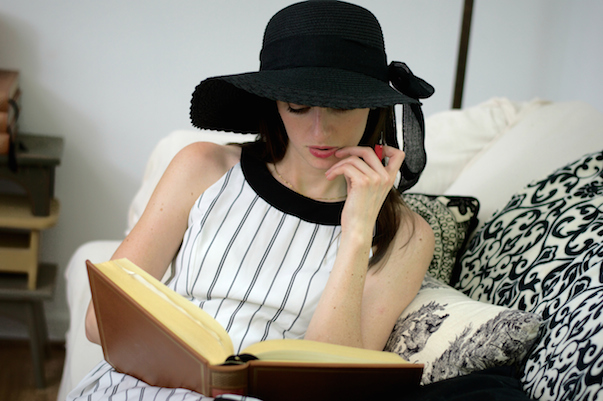
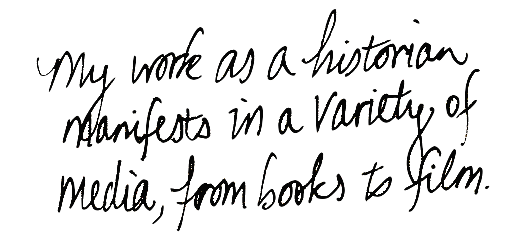

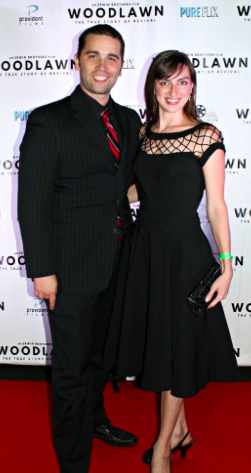




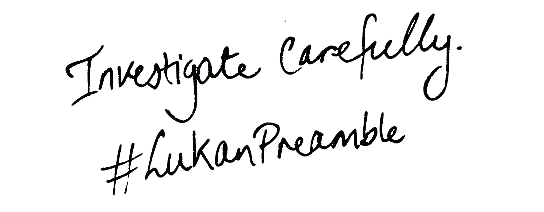
Mysterious Deaths of 9_11 Witnesses (MUST SEE) and DID 3000 PEOPLE REALLY DIE ON 9-11 __, playlist
http://www.youtube.com/results?feature=lego&search_query=Mysterious+Deaths+of+9_11+Witnesses+%28MUST+SEE%29%2BDID+3000+PEOPLE+REALLY+DIE+ON+9-11+__%2C+playlist
Whatever attacked & killed people on 11/9/2011 in America is completely against the Ideology of ISLAM. Watch this – Loose Change – Final Cut 2012 (Full Length) youtube.com/watch?v=aAmegwUdJdA&feature=related
“Regarding what took place on September 11, well it’s very good… Well, it’s not good, but it will generate immediate sympathy for Israel.”
~ Israeli Prime Minister Benjamin Netanyahu’s response to the attacks on America as reported in The Jerusalem Post, September 12, 2001.
Islam against violence- http://www.islamagainstextremism.com/
http://www.answering-extremism.com/ae/articles.aspx
Some Political views of Muslims – http://salafimanhaj.com/